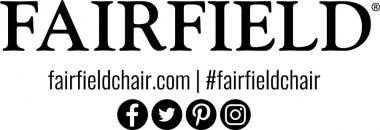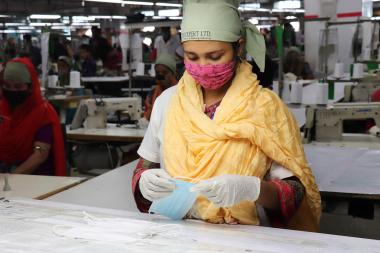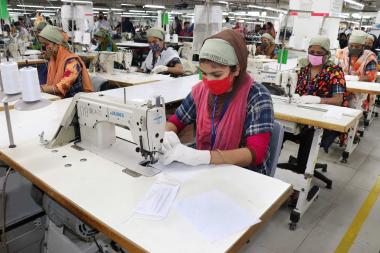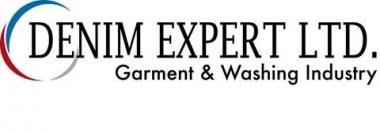Oerlikon: Meltblown and Spunbond technologies
Since the outbreak of the coronavirus pandemic, the worldwide demand for protective masks and apparel has resulted in a record number of new orders in the high double-digit millions of euros at Oerlikon Nonwoven. The meltblown technology from Neumünster is recognized by the market as being one of the technically most efficient methods for producing highly-separating filter media made from plastic fibers.
Protective equipment demands high-end nonwoven products
The rising demand for protective masks and other medical protective equipment since the start of the coronavirus pandemic and the associated global ramping up of production capacities has also resulted in an increase in the demand for nonwovens for the production thereof. Initially, this resulted in bottlenecks in the provision of meltblown filter nonwovens. To this end, there had until this point be very few producers of medical filter nonwovens outside China. Meanwhile, the demand for spunbond systems is also rising. “Due to the structure of our group, we are in the fortunate position to swiftly reallocate and free up our production capacities. This means that we are able to relatively quickly deliver not only meltblown systems, but also spunbond equipment”, explains Dr. Ingo Mählmann, Head of Sales & Marketing at Oerlikon Nonwoven, talking about the positive situation at the company.
The capacities for respiratory masks available in Europe to date are predominantly manufactured on Oerlikon Nonwoven systems. “Our machines and systems for manufacturing manmade fiber and nonwovens solutions enjoy an outstanding reputation throughout the world. Ever more manufacturers in the most diverse countries are hoping to become independent of imports”, comments Dr. Mählmann. The Oerlikon Nonwoven meltblown systems are being delivered to Germany, China, Turkey, United Kingdom, South Korea, Italy, France, North America and – for the very first time – to Australia until well into 2021.
Quality and efficiency in demand
Depending on the purpose of the application, medical PPE (personal protection equipment) should be breathable and comfortable to wear, protect medical staff against viruses, bacteria and other harmful substances and form a barrier against liquids. For these reasons, they are often made of either pure spunbond or of spunbond-meltblown combinations. Here, the meltblown nonwoven core assumes the barrier or filter task, while the spunbond has to retain its shape, while being tear-resistant, abrasion-proof, absorbent, particularly flame-resistant and nevertheless extremely soft on the skin.
All masks are not created equal – thanks to the ecuTEC+
Protection against infections such as coronavirus can only be guaranteed with the right quality.
The nonwovens can be electrostatically-charged in order to further improve the filter performance without additionally increasing breathing resistance. Here, Oerlikon Nonwovenʼs patented ecuTEC+ electro-charging unit excels in terms of its extreme flexibility. Nonwovens manufacturers can freely choose between numerous variation options and set the optimal charging method and intensity for their specific applications. In this way, even the smallest particles are still attracted and reliable separated by a relatively open-pored nonwoven. Nevertheless, mask wearers are still able to easily breathe in and out due to the comparatively loose formation of the fibers. To this end, it comes as no surprise that all meltblown systems currently destined for the production of mask nonwovens are equipped with the ecuTEC+ unit.
Oerlikon Oerlikon Nonwoven spunbond technology nonwovens respiratory masks Covid-19
Oerlikon
























